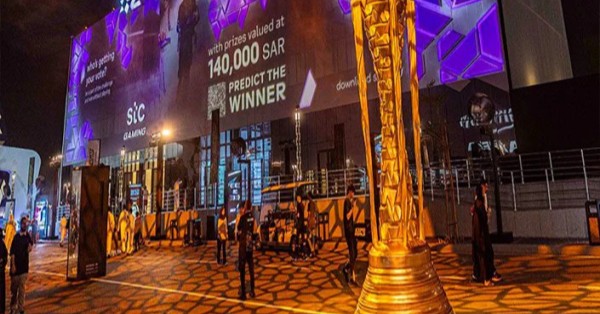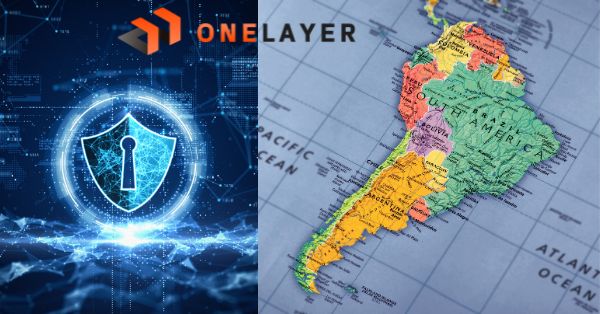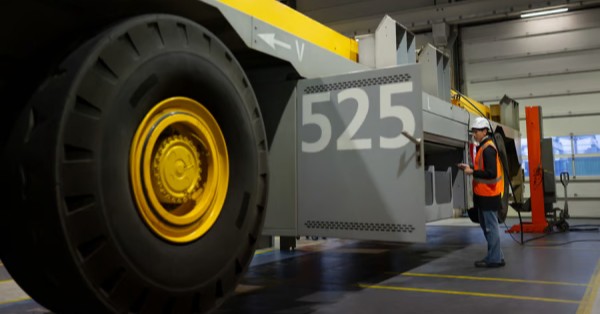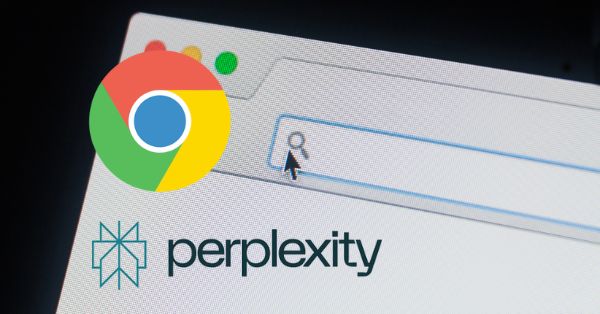In the financial metropolis of London, neutral host infrastructure firm Freshwave has installed the first outdoor 5G small cell – a milestone that demonstrates how crucial telco-independent network operators will be for communications service providers as they expand their high-speed mobile data coverage and introduce their 5G densification strategies.
Freshwave is not the only neutral host organization claiming to be 5G-ready in Europe at the end of this year. Cellnex announced that it has received several contracts from France, Spain, and Portugal for cell tower deployment.
Freshwave has recently introduced a custom centralized RAN small cell system to Queen Victoria Street, London. This 1.1km stretch is now equipped with 10 powerful stations that can facilitate mobile service for any UK-licensed mobile network operator.
EE (a subsidiary of BT Group) is part of the pilot, and consumers can now access 4G and 5G services through its small cells. Virgin Media O2 has officially signed on as well, allowing their customers to connect to the infrastructure beginning in early 2023, while Vodafone UK will join during Q1 2023. Unfortunately, no timeline has been provided for ThreeUK’s involvement yet.
By employing the same foundational infrastructure, carriers don’t need to independently deploy their apparatus in hard-to-access places. This both saves money and resources while furnishing a more lasting urban mobile architecture.
Developed in partnership with the four UK mobile network providers, Freshwave boasts specially crafted wideband antennas, cabinets, and columns accompanied by impressive amounts of dark fiber connected to each cabinet.
A concession granted by the Freshwave partner, Cornerstone – a UK mobile network services company enabled Netomnia (an alternative wholesale access network operator) to provide fiber connectivity while also deploying small cell infrastructure.
According to Freshwave’s CEO, Simon Frumkin, shared digital infrastructure is the natural progression for telecoms as cities become more advanced and interconnected. By utilizing a neutral host model, companies like Freshwave can help speed up connectivity while being cost-efficient, eco-friendly, and less disruptive than traditional methods.
Cellnex, a leading European neutral host provider, has been appointed by the European Commission to construct 5G network infrastructure in four key areas across the English channel. This includes connecting Spain with France (Barcelona-Montpellier/Toulouse and Bilbao-Bordeaux), as well as Spain and Portugal (Salamanca to Porto, and Vigo and Mérida to Évora).
The Commission’s Connecting Europe Facility (CEF2) Digital program will deploy 5G network technology to ensure the highest quality, uninterrupted connection for road safety services and connectivity services to passengers traveling along specific corridors.
Cellnex is preparing to set up 34 new telecommunication sites, including distributed antenna systems (DAS) in tunnels and partnering with major mobile operators using its neutral host model. This plan consists of a dynamic V2X communications infrastructure network plus edge computing nodes which will offer 5G connectivity across the four cross-border corridors totaling 1,400 km. The total cost of the project will be around EUR24m, with the European Commission providing half of that amount. To learn additional information, please read this announcement.
































